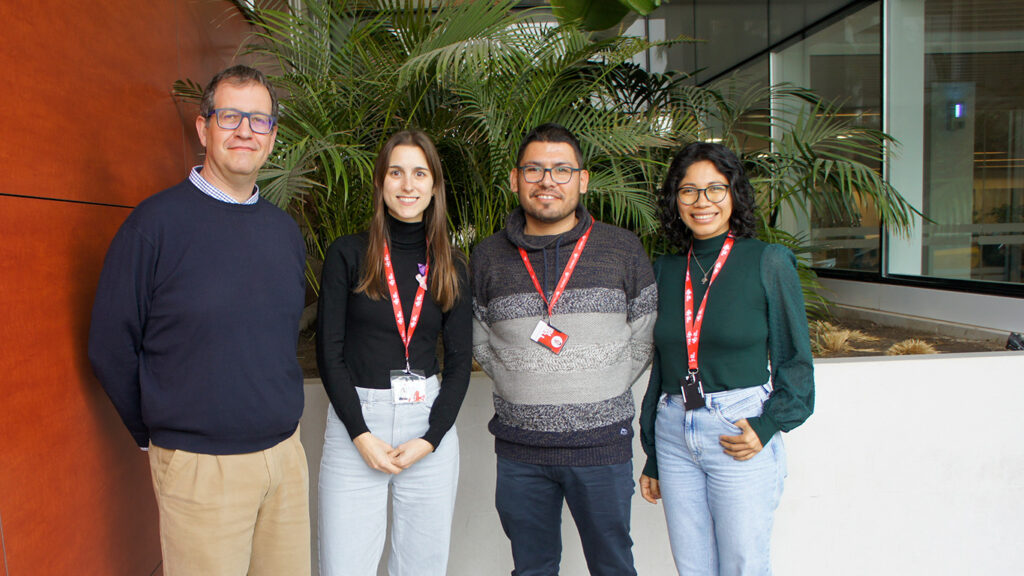Foods of plant origin have been historically recognized for being beneficial to our health since they are rich in bioactive compounds that make them nutritionally very interesting such as vitamins, fiber, or polyphenols. The latter are found in fruits, vegetables, whole grains, cocoa, olive oil, red wine, tea, and coffee. In our diet, about 500 individual polyphenols of different classes and subclasses have been identified.
Polyphenols have proven to have antioxidant and anti-inflammatory properties among others, in addition, they could prevent or delay the risk of obesity and associated diseases such as diabetes, some types of cancers, or cardiovascular diseases.
The Nutrition and Cancer Research Team of the Bellvitge Biomedical Research Institute (IDIBELL) and the Catalan Institute of Oncology (ICO) has evaluated the association between polyphenols consumption and body weight change.
The results, published in Antioxidant and Obesity scientific journals, show that the intake of most polyphenols is associated with maintenance or a lower weight gain, highlighting those polyphenols present in fruits, vegetables, olive oil, tea, cocoa, or cereals integral. Interestingly, we observe that those polyphenols classified as hydroxycinnamic acids from coffee, but not those from other dietary sources, are associated with a slight weight gain, suggesting that they could have different roles according to orignal food.
The researchers claim: “This study has helped identify polyphenols and foods rich in polyphenols that could be relevant to weight control and loss, as well as to develop intervention studies to investigate these compounds as markers associated with obesity and cardiometabolic health and determine its possible mechanisms of action“.
The data used were obtained from the European Prospective Study in Cancer and Nutrition (EPIC), in which almost 350,000 people from 9 European countries were included: Germany, Denmark, Spain, France, Italy, Norway, Netherlands, Netherlands, Netherlands, United Kingdom, and Sweden. In recruitment, diet, lifestyle data, anthropometric measurements, and the medical history of each participant were recorded. In addition, weight information was included during the follow-up, on average 5 years, which allowed us to evaluate changes in body weight.
The Bellvitge Biomedical Research Institute (IDIBELL) is a biomedical research center created in 2004. It is participated by the Bellvitge University Hospital and the Viladecans Hospital of the Catalan Institute of Health, the Catalan Institute of Oncology, the University of Barcelona and the City Council of L’Hospitalet de Llobregat.
IDIBELL is a member of the Campus of International Excellence of the University of Barcelona HUBc and is part of the CERCA institution of the Generalitat de Catalunya. In 2009 it became one of the first five Spanish research centers accredited as a health research institute by the Carlos III Health Institute. In addition, it is part of the “HR Excellence in Research” program of the European Union and is a member of EATRIS and REGIC. Since 2018, IDIBELL has been an Accredited Center of the AECC Scientific Foundation (FCAECC).

